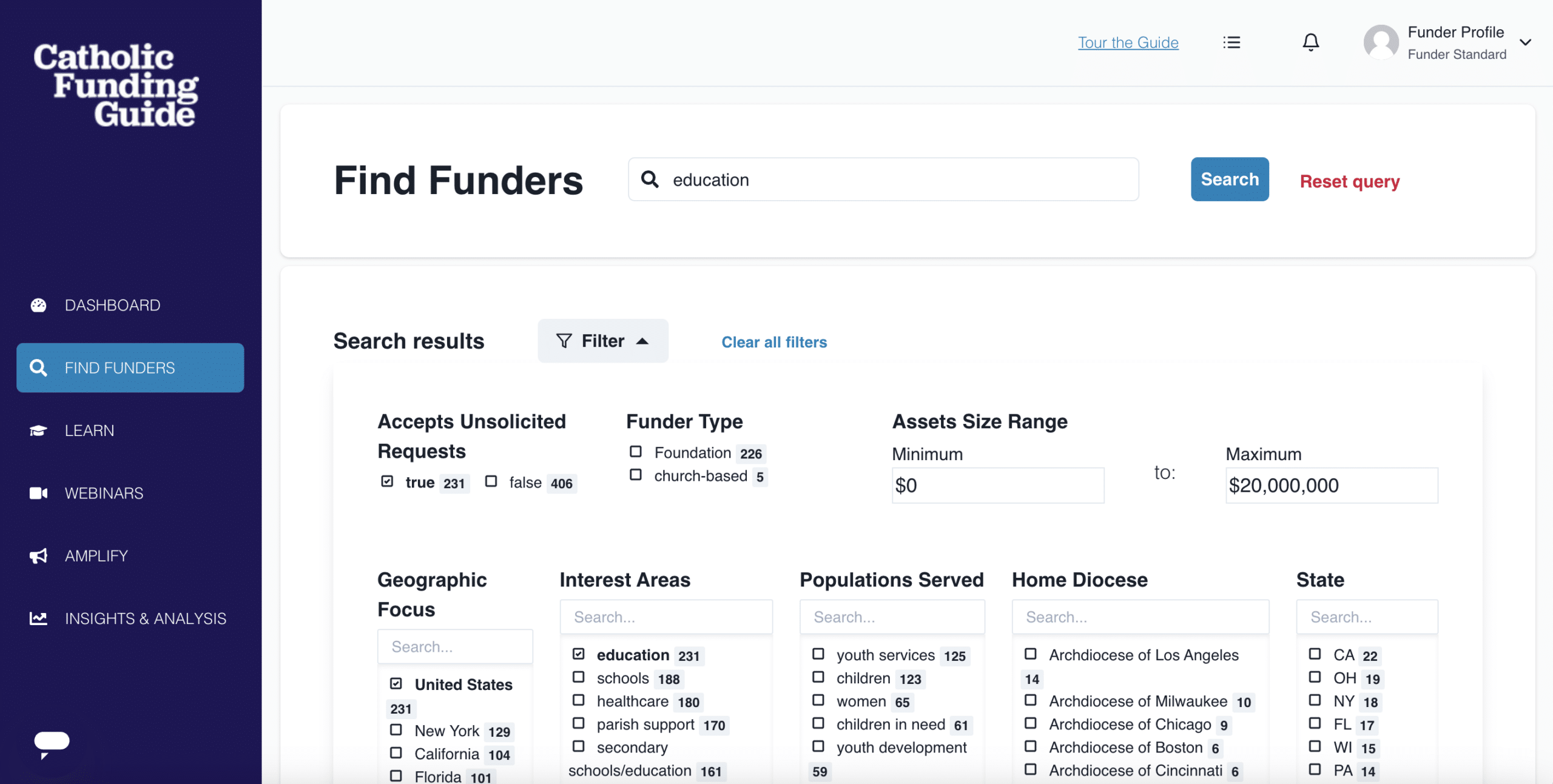Grant Writing Mistake #1: Failure to Proofread
Using proper grammar, spelling, punctuation, and formatting demonstrates professionalism and attention to detail. For this reason, it is important to have a team member read your proposal thoroughly before submission. If you are a one-person team, consider recruiting a colleague to proofread.
Not only will they help you catch grammatical errors, but they may also identify areas that need clarification. If you are by yourself, read your proposal out loud to yourself. You will catch many more errors this way than by reading it quietly.
Grant Writing Mistake #2: Writing with Your Organization in Mind
Grants are most effective when you write for your audience, the grant maker. Keep the following points in mind:
- Know your audience. Demonstrate that you understand the motivations and philanthropic interests of the funder. Focus on aspects of the project that advance the mission of the foundation and make an impact that the grant maker would like to see.
- Focus on the benefits for the grant maker. Avoid focusing on how the funds would help your organization. Instead, explain how your organization would carry out the funder’s mission with the requested funds. Thorough research of the grant maker’s mission and funding history can identify their interests and giving patterns. The Catholic Funding Guide database is a great place to start.
- Write a unique proposal. Each grant proposal should be tailored specifically to the grant maker; be cautious of cutting and pasting sections from other grant applications. When doing this, be sure to carefully re-read the pasted sections for alignment with the foundation using the guidance above.
Grant Writing Mistake #3: Lack of Specific Metrics
Grant makers want to know how you will track the impact of their funds. Without specific metrics, they may feel insecure about your ability to measure success or put their investment to good use. An effective proposal explains the tangible, trackable metrics that will be used to evaluate the project, boosting the grant maker’s confidence in your organization.
Grant Writing Mistake #4: Waiting Until the Last Minute
Nonprofit professionals are busy, often wearing many hats and balancing multiple projects with tight deadlines. Despite the constant demands on your time, planning ahead is the best way to ensure you are writing effective proposals.
Preparing your fundraising plan and calendar for the year—including when grant proposals are due—can mitigate sudden deadlines and the stress that comes with them. Set your own goal for completion ahead of time, giving yourself several weeks before the due date.
If you encounter opportunities with quickly approaching deadlines, it is still advisable to submit the proposal early. A malfunctioning website, fax machine problem, or delayed mail delivery can cause stress and anxiety, or worse, a missed opportunity. This is easily preventable by submitting a week or two ahead of the deadline.
Grant Writing Mistake #5: No Clear Buy-in from Key Staff and Stakeholders
Implementing grants successfully requires buy-in from key staff and stakeholders. Never apply for a grant without ensuring your organization has the capability, and desire, to carry out the proposed project. If needed, involve multiple departments and make sure all the staff, volunteers, and other stakeholders are aware of their potential roles and responsibilities in regards to the project.
Furthermore, make sure you and your leadership team discuss all aspects of the proposed work, from positive outcomes to potential roadblocks and how to overcome them.
Successful grant writing and development work hinges on building positive relationships with funders. Establish trust from the start by ensuring your project can be completed. Receiving a grant for a project that cannot move forward will damage your relationship with the funder, closing doors of opportunity in the future. Conversely, receiving a grant for a project that is carried out smoothly can create a solid foundation for a potentially long-term relationship with the funder.
Successful grant writing and development work hinges on building positive relationships with funders. Establish trust from the start by ensuring your project can be completed.
Grant Writing Mistake #6: Using Jargon
Many Catholic nonprofit organizations work in highly specialized fields with technical language that would be unfamiliar to those outside their field. As grant makers may not be knowledgeable about your specific area of expertise, avoid jargon and use terms they can easily understand.
At the same time, there may be cases where you’d want to use industry specific language. For example, if your potential funder specializes in a field similar to yours, some technical terms may be appropriate. Always get to know your funder to speak in a way that will best resonate with them.
Grant Writing Mistake #7: Ignoring Foundation Requests or Preferences
Some grant makers have very detailed requests regarding proposal length, content, and more. Pay close attention to these specifications and ensure that your proposal is fully in line with their guidance. If you are repurposing content from other grant proposals or copy, make sure it fits the foundation’s requests.
Grant Writing Mistake #8: Leaving the Grant Maker Wondering, “So What?”
In addition to specifying quantifiable metrics to track your progress, it is important to also put a “face” to your project, communicating the bigger picture.
For example: A project that provides meals to low income children could track the number of meals and number of children who receive meals. The impact of this project, however, may go much deeper. For example, receiving nutritious meals may help the children to focus better in school, leading to improved academic outcomes and a brighter future.
Grant Writing Mistake #9: Unexplained Budget
Be very meticulous when preparing your budget. If needed, get quotes or do research so your numbers are as accurate as possible and you have a justification for the anticipated expenses, if the grant maker asks. If a format for your budget is not provided by the funder, select a format that clearly explains how and where funds would be spent.
Grant Writing Mistake #10: Overpromising
One final way to set your organization up for success and avoid a common grant writing mistake is to keep everything realistic. Your project, timeline, and expected outcomes should be achievable. While most grant makers are understanding when things outside your control lead to unanticipated delays, do your best to predict parts of the project that may take longer than expected, and never overpromise.
Now that you know what not to do, read our article on successful grant writing for Catholic nonprofits to learn what to do. Once you’ve won the grant, our tips for managing the life cycle of a grant can help you navigate the next steps.



